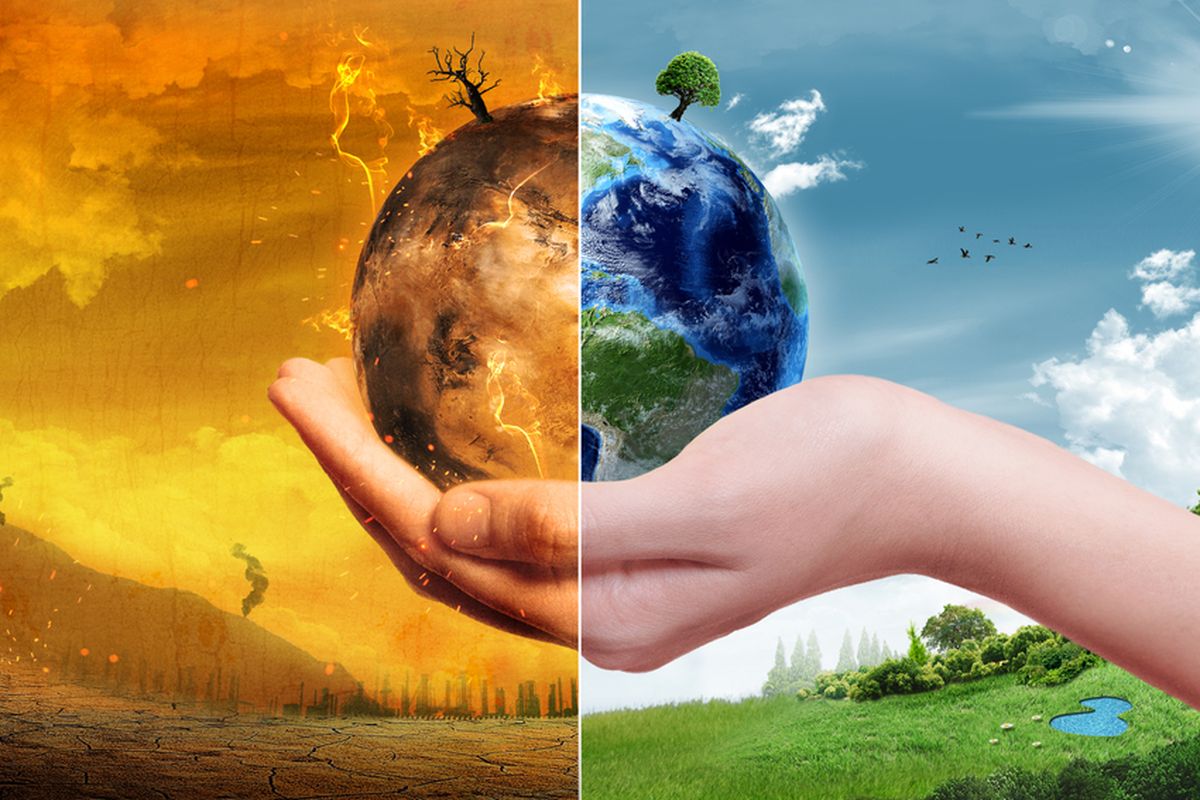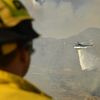Sink or Swim as Rising Sea Levels to Reach 40cm by 2100

PARIS, KOMPAS.com – Persisting greenhouse gas is pushing rising sea levels up to nearly 40 centimeters this century as ice sheets in Antarctica and Greenland continue to melt.
The gigantic ice caps contain enough frozen water to lift oceans 65 meters, and researchers are increasingly concerned that their melt rates are tracking the UN's worst-case scenarios for rising sea levels.
Experts from more than three dozen research institutions used temperature and ocean salinity data to conduct multiple computer models simulating the potential ice loss in Greenland and Antarctic glaciers.
They tracked two climate scenarios — one where mankind continues to pollute at current levels and another where carbon emissions are drastically reduced by 2100.
Read also: This Year's Extreme Weather Consistent with Worsening Climate Change
They found that under the high emissions scenario ice loss in Antarctica would see sea levels rise 30 cm by century's end, with Greenland contributing an additional 9 cm.
Such an increase would have a devastating impact worldwide, increasing the destructive power of storm surges and exposing coastal regions home to hundreds of millions of people to repeated and severe flooding.
Even in the lower emissions scenario, the Greenland sheet would raise oceans by around 3 cm by 2100 — beyond what is already destined to melt due to the additional 1C of warming humans have caused in the industrial age.
"It's not so surprising that if we warm the planet more, more ice will be lost," said Anders Levermann, an expert on climate and ice sheets at the Potsdam Institute for Climate Impact Research.
"If we emit more carbon into the atmosphere we will have more ice loss in Greenland and Antarctic," he told AFP.
Read also: Norway Gifts Indonesia $56 Million for Slashing Carbon Emissions
"We have in our hands how fast we let sea levels rise and how much we let sea levels rise eventually."
Outpacing predictions
Until the turn of the 21st century, the West Antarctic and Greenland ice sheets generally accumulated as much mass as they shed. Runoff, in other words, was compensated by fresh snowfall.
But over the last two decades, the gathering pace of global warming has upended this balance.


































